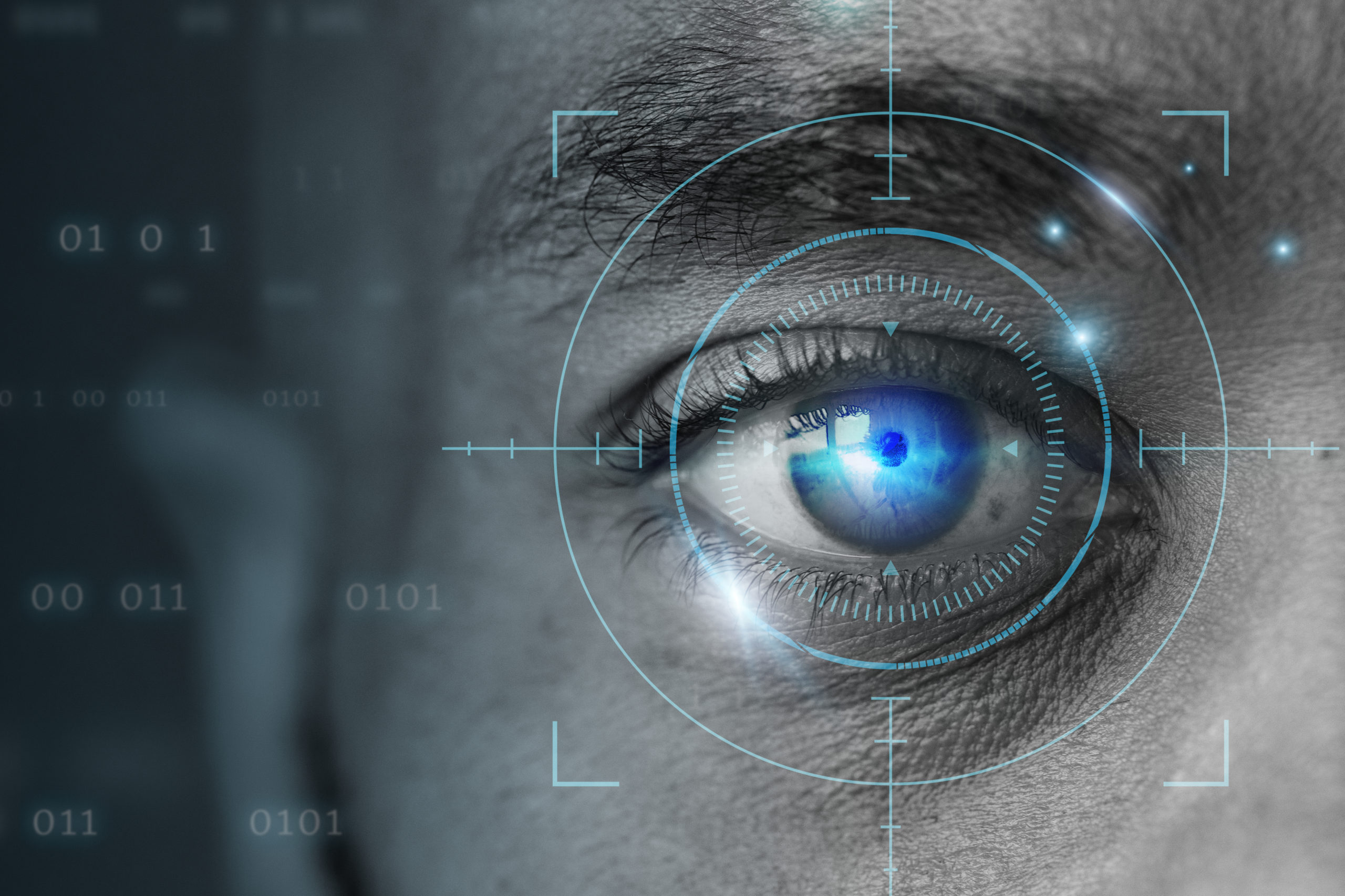In the past few years, researchers and engineers have taken giant steps to enhance artificial intelligence applications in various industries to speed up production chains, reduce waste, costs and ensure more safety. Advanced technologies to collect and analyze data to find increasingly targeted solutions.
Even in everyday life, we are surrounded by artificial intelligence or machine learning software, just think of voice assistants such as Siri, Alexa and Google Assistant.
Another example is Amazon, which has become a giant in predicting what users are interested in buying based on their online behaviour thanks to its increasingly elaborate algorithms. Or Netflix, which is based on customer reactions and suggests what we might like based on what we’ve already seen, or stopped watching.
The medical sector is also showing more and more interest in machine learning and AI to revolutionize the field of education, training, diagnosis and even surgery. The goal is always to lighten the burden of doctors and certainly not to replace them.
Today, machines already surpass human precision in some surgical activities, such as inserting a pin into a bone. Therefore, studies on the applications of artificial intelligence in the healthcare sector focus more on incisions and sutures to guarantee results in terms of safety, precision, and quality.
Artificial Intelligence Applications in the Medical Field
All the skills acquired in the manufacturing and automotive industries, such as automated cars, robots, warehouse drones, are used to enhance artificial intelligence applications in the medical field.
The mission is to make surgical robots smarter and allow doctors to perform simpler operations while sitting in front of a computer.
Through advanced technologies, in fact, it is possible to instruct a robot and make it execute precise commands through the movement that the doctor performs on two knobs.
With partial automation, an AI system can get to the diagnosis, but it turns to doctors for support if it has any uncertainty. With full automation, on the other hand, an AI system could analyze an X-ray and request more tests without involving the doctor.
Automation in medicine is taking its first steps while evolving constantly. In the coming years, it is expected that artificial intelligence will be made available to surgeons to support them and not replace them. This means surgeons could perform operations over very large distances such as helping wounded soldiers on distant battlefields.
The most congenial Mas solutions for the AI application in the medical field are NVIDIA SBC Lightfront and CPU – AURORA IMX8M PLUS, feel free to reach us for more info on these products.
ARTERY Experimental Project
Last January Artery (Autonomous Robotics for Transcatheter dEliveRy sYstems) was launched, one of the Horizon 2020 programs funded by the European Union that operates in cardiovascular surgery.
The project deals with the non-invasive treatment of heart valve diseases. Its mission is to revolutionize the training of operators and make interventions more efficient and safe without the aid of X-rays. Artery aims to create a robotic platform that works thanks to artificial intelligence, virtual reality and augmented reality.
With these technologies, the surgeon in training will have the chance to practice and operate in an intervention that seems true in all respects, to feel the stress and the pressure as well.
Using augmented reality, the doctor will learn directly on the simulator instead of on the patient, avoiding unnecessary risks. We can certainly say that the application of artificial intelligence in the medical field revolutionizes the approach to interventions and guarantees almost absolute safety.



